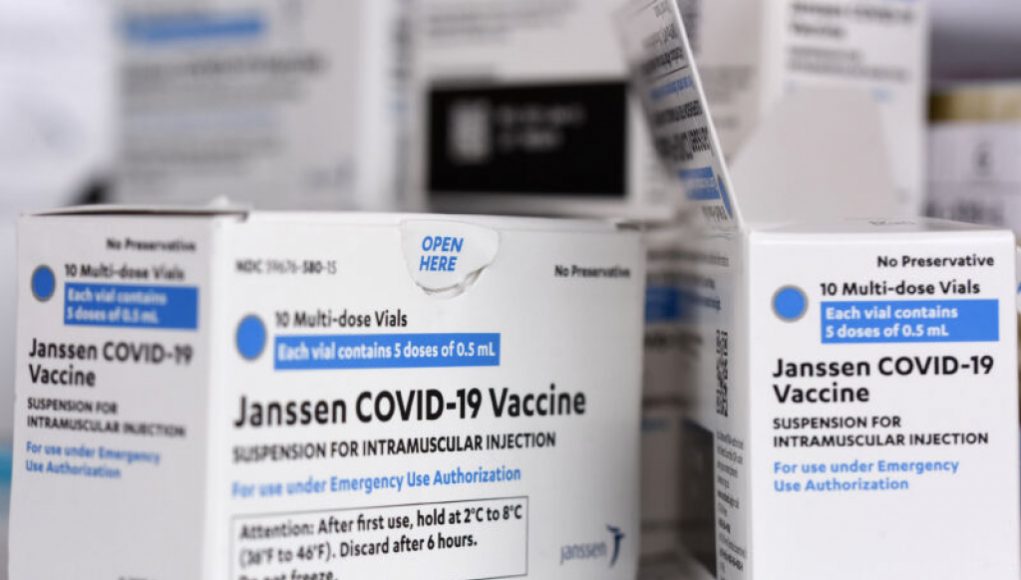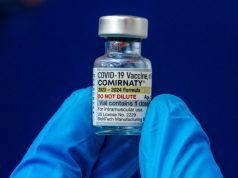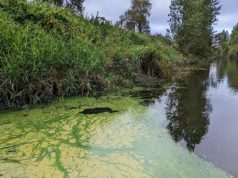The Food and Drug Administration has pulled the plug on Johnson & Johnson’s COVID-19 vaccine, marking the end of its short and troubled existence during the pandemic. The FDA’s top vaccine regulator, Peter Marks, wrote to Janssen Biotech, the Johnson & Johnson-owned company responsible for the vaccine, stating that the agency was revoking authorization. The withdrawal was at the request of the company, according to Marks. Janssen’s May 22 letter informed the FDA that the last lots of the Janssen COVID-19 Vaccine purchased by the United States Government have expired, that there is no demand for new lots of the Janssen COVID-19 Vaccine in the United States, and that Janssen Biotech, Inc does not intend to update the strain composition of this vaccine to address emerging variants.
The once-promising single-dose vaccine’s downfall began just weeks after its FDA authorization on February 27, 2021. On March 13, 2021, the FDA and CDC paused the use of the J&J vaccine out of concern for an extremely rare clotting disorder, which was first noticed with a similar vaccine made by AstraZeneca. Both vaccines used an adenovirus vector-based design, though the AstraZeneca vaccine was never authorized for use in the US. The pause on J&J’s vaccine lasted just 11 days, but the damage was done, and demand for the vaccine tumbled, never to recover.
Meanwhile, US production of the vaccine was mired by the scandal surrounding Emergent BioSolutions, a government contractor that ruined tens of millions of J&J COVID-19 vaccine doses due to quality-control problems and contamination. Despite raking in hundreds of millions of dollars from government contracts, Emergent had a history of manufacturing violations.
The complete withdrawal this month comes as the FDA prepares to discuss new formulations of COVID-19 vaccines for this fall. The FDA has long held to the idea of updating COVID shots much like annual flu shots—reassessing vaccine formulas in the late spring/early summer in order to prompt manufacturers to have updated formulas ready for rollout in the fall. The agency’s vaccine advisory committee will meet on June 15 to discuss the best formula for this fall.
Already, the World Health Organization’s vaccine advisory committee has advised that countries this year should switch to monovalent vaccines that target the XBB lineage, the latest omicron sublineage to dominate transmission. In a statement released May 18, WHO advisors recommended that countries ditch the current bivalent formulas—which target both the ancestral SARS-CoV-2 virus and an omicron subvariant—because continuing to target the ancestral strain doesn’t seem to boost protection against current strains. Moreover, keeping the ancestral strain in the shots “reduces the concentration of the new target antigen(s) as compared to monovalent vaccines.”
The FDA advisors meeting on June 15 will discuss reformulations that will apply to mRNA vaccines made by Pfizer-BioNTech and Moderna. Novavax, which makes a protein-based vaccine available in the US, is also working on an updated COVID-19 shot against XBB strains.
The United States Food and Drug Administration (FDA) has officially revoked the authorization for Johnson & Johnson’s COVID-19 vaccine in the US. This decision was made after reports of six people developing blood clots due to the vaccine, out of more than seven million people who have received the shot in the US. The FDA has advised that people who have had the shot should be aware of the potential for rare but serious clotting events occurring within three weeks after the shot.
The FDA noted that the risk of blood clots due to the vaccine should be balanced with the potential to prevent serious illness, hospitalization, and death due to the COVID-19 virus. As such, the agency advised that people who have had the shot should discuss the potential risks and benefits of the vaccine with their provider.
Johnson & Johnson has stated that it is committed to ensuring the safety of its products and takes these reports of adverse events seriously. The company also announced that it is working closely with the FDA and other healthcare authorities to further study the cases.
The US Centers for Disease Control and Prevention (CDC) has stated that these clotting events are rare, occurring in about four of every million doses, but have consequences that can be severe, including death. The CDC is advising people with various medical histories and conditions, such as those who take blood thinners and those who have had a recent Medical procedure, to speak with their provider about the risks and benefits of the Johnson & Johnson vaccine.
The FDA’s decision is an important step in ensuring the safety of those who have taken the shot while the agency and Johnson & Johnson determine a course of action to address these rare adverse events. In the meantime, people who have had the Johnson & Johnson vaccine should be aware of the potential for symptoms such as severe headache, abdominal pain, leg pain, and shortness of breath within three weeks of the shot.




















